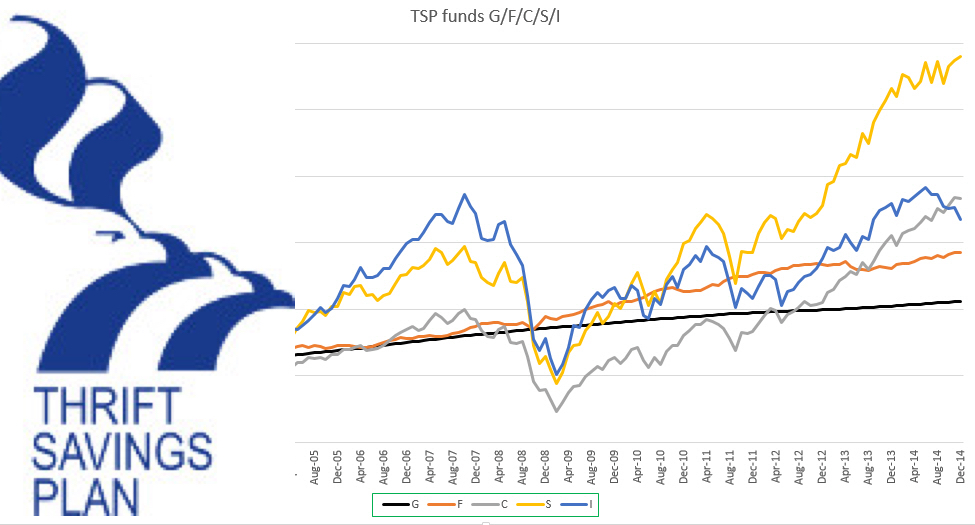A bicameral pair of Democrats recently introduced new bills to increase the pay of federal employees in 2022. Rep. Gerry Connolly (Democrat-Va.) has reintroduced the Federal Adjustment of Income Rates (FAIR) Act in the house. Similarly, Senator Brian Schatz (Democrat-Hawaii) is also expected to introduce a Senate’s companion bill.
The new bill calls for a 3.2% pay increase for federal civilian employees. It specifically stipulates a 2.2% across-the-board pay increase and a 1% locality pay adjustment. The bill also calls for a 2.2% pay raise for prevailing rate employees.
The year 2021 would be the seventh year in a row that Connolly has introduced the FAIR act legislation in the house. Some of the previous versions had called for a 5.3% federal pay raise in 2017, a 3.2% increase in 2018, a 3% raise in 2019, a 3.6% raise in 2020, and a 3.5% increase in 2021. Congress has passed no version of the Act over the years.
Despite that, Congress had twice passed legislation that increased federal pay over the last four years, more recently in 2020, when lawmakers agreed to a 3.1% pay increase. A formula in the statute requires across-the-board federal pay raises for General Schedule employees. The Joe Biden Administration has until the end of August to come up with an alternative federal employee pay plan.
The FAIR Act is supported by several associations, including the National Treasury Employees Union and National Active and Retired Federal Employees (NARFE), and the American Federation of Government Employees. It’s also co-sponsored by several Democrats like Reps. Carolyn Maloney (N.Y.), John Sarbanes, Jamie Raskin, David Trone (Md.), and Don Beyer and Jennifer Wexton (Va).
Ending the WEP and GPO
In a similar attempt, a bipartisan group of legislators has introduced a bill designed to repeal the Windfall Elimination Provision (WEP) and the Government Pension Offset (GPO). The WEP is a 1983 law that reduces the number of Social Security benefits for certain federal employees under the CSRS.
The legislation cuts the benefits of federal employees who have previously worked in Social Security-covered private jobs and received an annuity from federal employment. On the other hand, the GPO prevents federal retirees from getting government pensions based on their work in non-Social Security-covered roles. It also prevents individuals from collecting Social Security benefits on their spouse’s work record.
Lawmakers have made several attempts to eliminate or reduce both legislations’ impact in the past, but they all failed. The NARFE claims that as of December 2019, the WEP has affected over 1.8 million federal retirees, while the GPO has added over 707,879 employees. The WEP doesn’t affect federal employees under the Federal Employees’ Retirement System (FERS) because employees under the system pay into Social Security.












